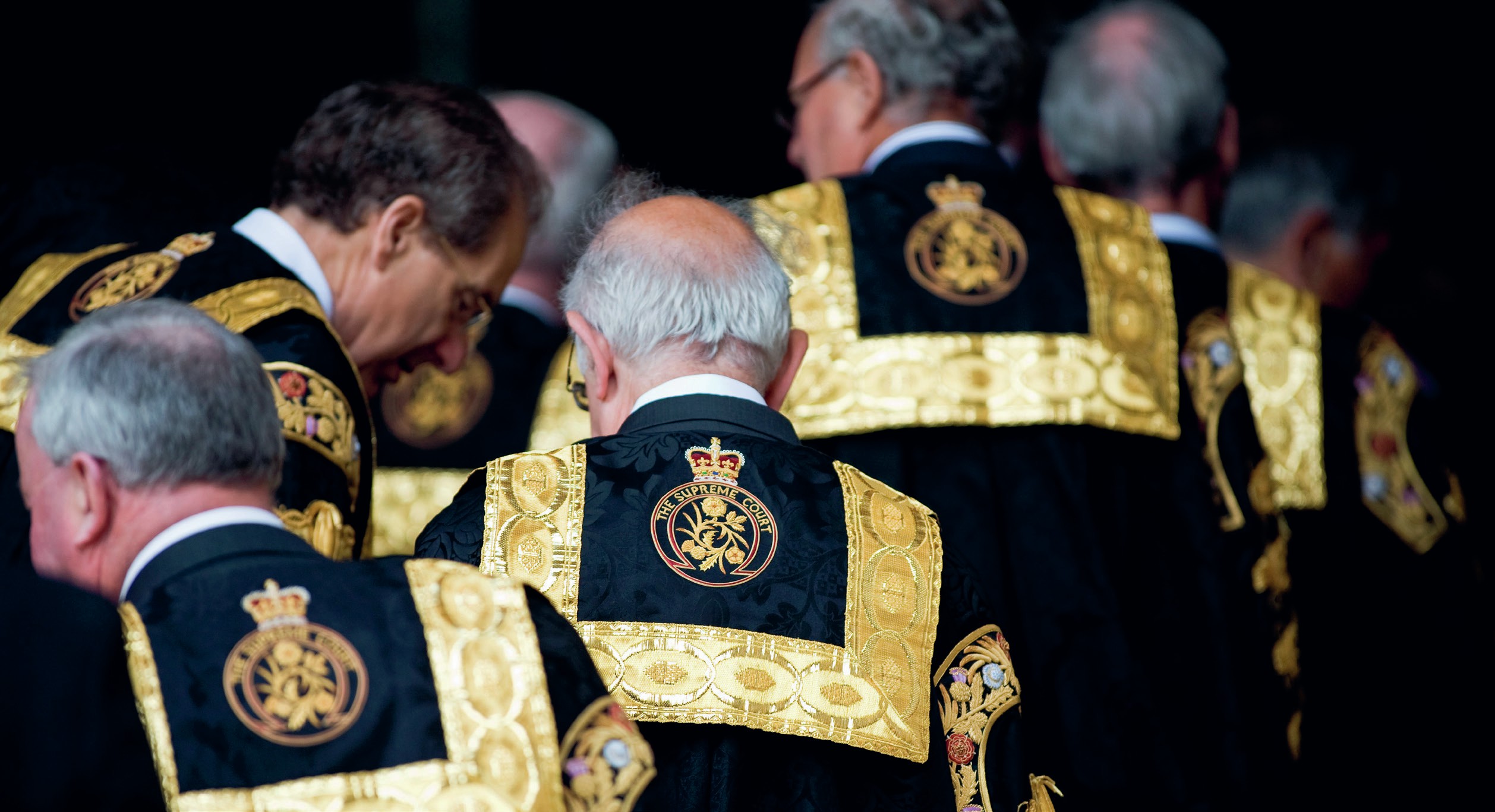
In the legal system of England and Wales, great importance is attached to the idea that judges should be independent from any pressure, particularly from the government, but also from political or other groups. This is to guarantee that they are free to decide cases impartially under Article 6 of the European Convention on Human Rights. This was incorporated into UK law by the Human Rights Act 1998, and guarantees that every citizen has the right to be tried by a ‘fair and impartial tribunal’.
Judicial independence is also essential to the theory of ‘the rule of law’ (see pp. 30–31), whereby ‘no man is above the law, but that every man, whatever be his rank, is subject to the ordinary law of the realm’.
Your organisation does not have access to this article.
Sign up today to give your students the edge they need to achieve their best grades with subject expertise
Subscribe




